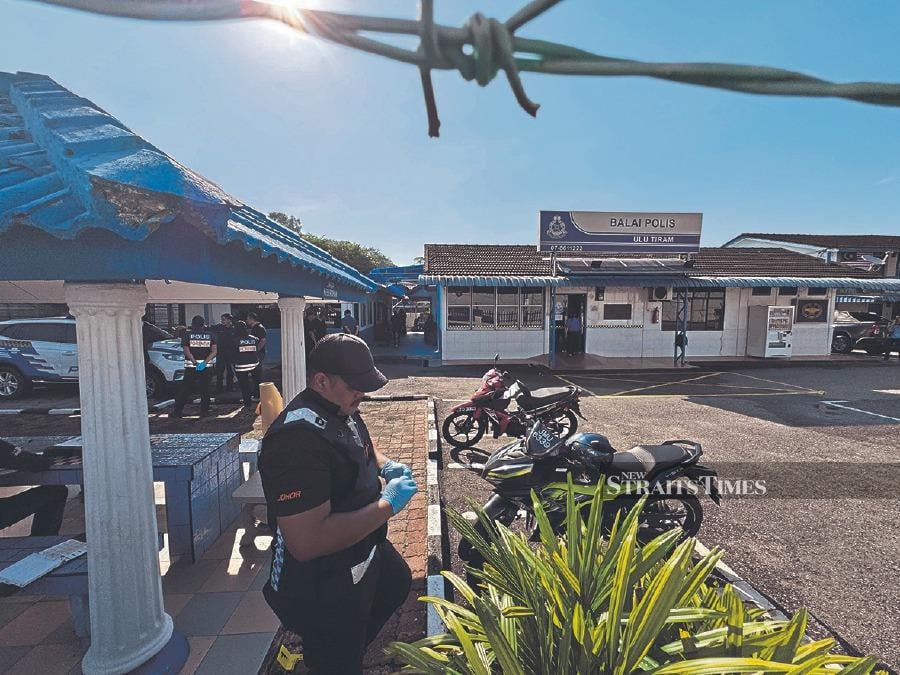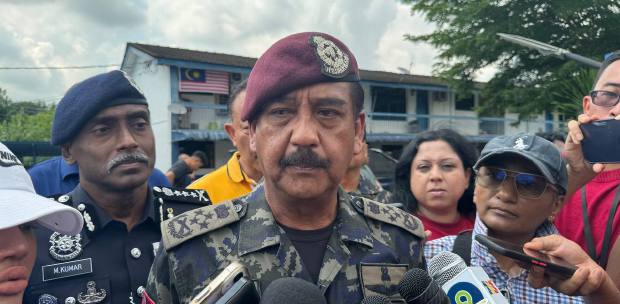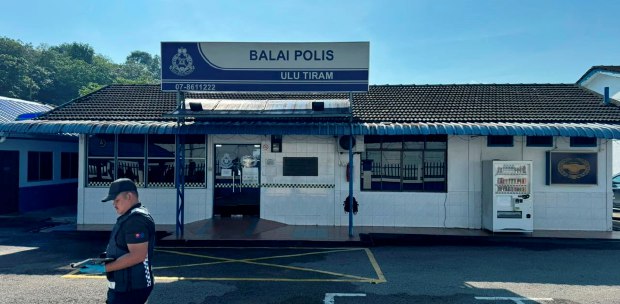LETTERS: MALAYSIANS are shocked and grieved at the loss of two policemen in the attack on a police station in Ulu Tiram, Johor, last Friday.
Initial reports said the attack was suspected to be carried out by Jemaah Islamiyah (JI) due to the suspect's father's association with the terror group, before the authorities clarified that it was a "lone wolf" attack.
The public will support our security agencies' efforts to nab and penalise those responsible.
Naturally, questions will be raised about our authorities' readiness in neutralising security and public order threats.
This is where the National Action Plan on Preventing and Countering Violent Extremism (NAPPCVE) comes in.
The plan was adopted by the United Nations in 2016, and it has encouraged member countries to develop it further.
Some countries have done so, while others are in the midst of developing them to facilitate a so-called "public health" model approach.
The NAPPCVE combines security and non-security measures with systematic prevention, intervention, de-radicalisation, rehabilitation and reintegration of individuals, who are driven by socio-economic, political and ideological factors to radicalise and participate in violent extremism.
The plan is meant to include civil society, intellectuals, community and religious leaders, professionals, youths and the public.
As stakeholders of public order, the plan will provide roles for them in terms of creating awareness, and the ability to intervene and counter harmful narratives or beliefs of individuals or (terrorist) groups, whether in public or through social media.
The idea is to share the load of such responsibility between the state and society.
I believe Malaysia has such a plan even if some people question its effectiveness in ensuring security and public order.
However, in the aftermath of the Ulu Tiram incident, it should prompt us to take the initiative of engaging and monitoring these threats through a specific plan that includes an early warning system.
We must be prepared and try to have a strategy to detect and intervene before such serious acts are carried out.
It might be easier said than done, but I have no doubt about the abilities of our government, the community of Ulu Tiram and the peace-loving public to ensure that this incident remains an isolated case.
Let us work together on an all-of-society approach to security and nation-building. It is also high time Malaysia's NAPPCVE was launched and became operational.
DANIAL YUSOF
International Islamic University Malaysia
The views expressed in this article are the author's own and do not necessarily reflect those of the New Straits Times





